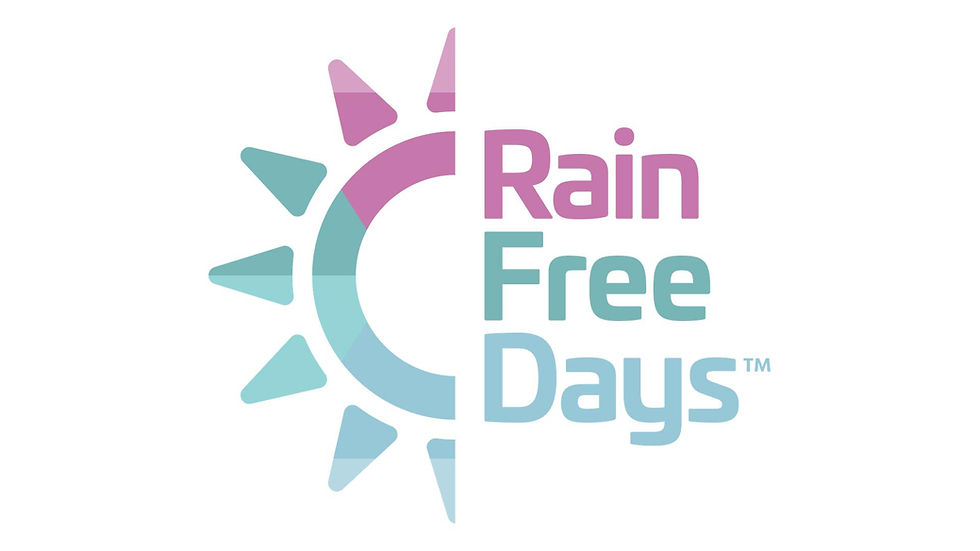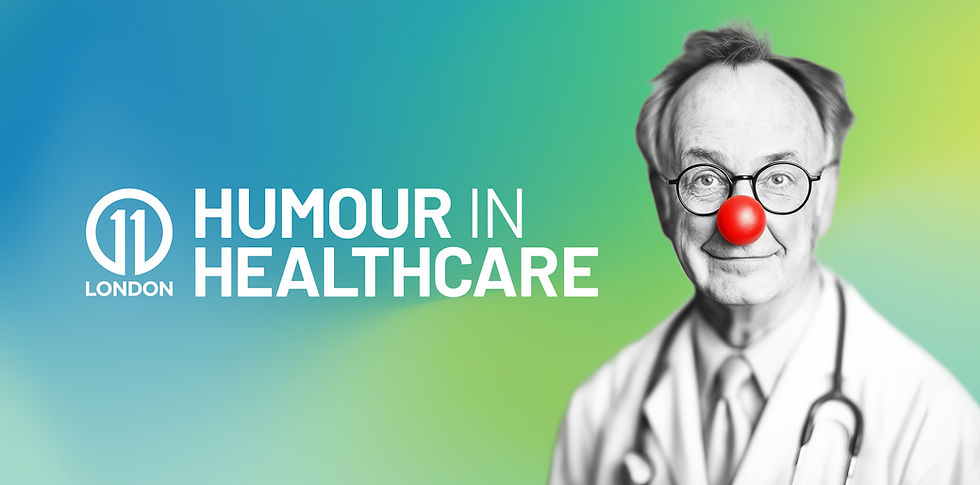Mental health: taking the nation’s temperature
- matthewhunt123
- Feb 14, 2022
- 3 min read

I often think of mental ill-health as an iceberg (and humanity as a somewhat overloaded, under-equipped cruise liner, but let’s not go into that).
The tip of the iceberg is the problem we can see. The one in eight of us on medication for anxiety or depression, those of us with psychosis or schizophrenia, bipolar disorder or dementia.
But beneath the waves, hidden from view, the iceberg runs deep. Many more people are suffering than will ever present with mental health problems at a GP’s surgery. There’s the full-time carer, who might admit to chronic backache, but never to battling a breakdown. The young woman with severe acne and even worse self-esteem. The newly widowed man, with no one to talk to and – he feels – nothing to live for.
Mental health problems come in all shapes and sizes, affect all ages and all cultures. In the past few years, many of us have felt far more able to speak up about them, thanks to the public conversation opened up by influencers like Prince Harry and charities like YMCA and MIND.
But self-stigmatisation – where we keep our condition hidden for fear of the way we will be judged – is still rife.
Thinking about this article, I realised that I cannot recall ever calling in sick because of anxiety or depression, although I have suffered both and have had some very enlightened employers. The nearest I’ve come to taking time off for mental health problems is the odd day off because of chronic insomnia; or asking to work from home (the mild depression I’ve experienced doesn’t affect my ability to write, but it does impair my social functioning).
But at least I’ve made it to a doctor. “In some cultures there isn’t even a word for depression,” says Kate, a London GP. “There is such a stigma to mental health that people will come in complaining of lots of body pain. We have to try and tease it out.”
One in four consultations will have a mental health component, but often the cause of mental ill-health is a physical or environmental factor. Kate reports that young professionals visiting her practice are “a very stressed cohort” because of the cost of living, poor housing, poor jobs and in some cases migration and loss of community. The uncertainty around Brexit, she says, is also a factor.
Older patients, from the ‘pull yourself together’ generation, are far less likely to present with mental health problems. “Possibly it’s because they have more of a resilience, a stoicism,” says Kate. “But there are risk factors for this age group, particularly recently bereaved men who lack social networks.”
Meanwhile, across all age groups, there’s a whole lotta self-medication going on as people mask their mental health problems with alcohol and drugs.
The medical profession has long highlighted the need for ‘parity of esteem’ between physical and mental health. There is a wide consensus that mental health is underfunded. This is particularly misguided, given that people with chronic physical conditions do better if they have a positive mental outlook. Body and mind are indissoluble.
But, given that mental health conditions often result from environmental factors – be it poor housing and social isolation, or the rise of ‘selfie culture’ which values physical perfection above all else - could it be that the responsibility to treat them lies not with the NHS alone, but with all of us?
Is there sometimes a viable alternative to medication? Can we all work together to improve our mental wellbeing?
A big component of the NHS’s 10 year plan will be an increase in social prescribing and self help. GPs will be encouraged to put people in touch with existing community resources – such as support groups, or cookery classes which provide older men with useful skills and valuable camaraderie. Patients will also be directed towards helpful tools such as apps and patient forums. Those of us working with health organisations and charities can make a very real contribution towards social prescribing.
But it needn’t stop when we leave work. “We could all look out for people in our community a bit more,” says Kate. “Pop in and see your elderly neighbours. Support each other. There’s a lot of life to be lived.”




